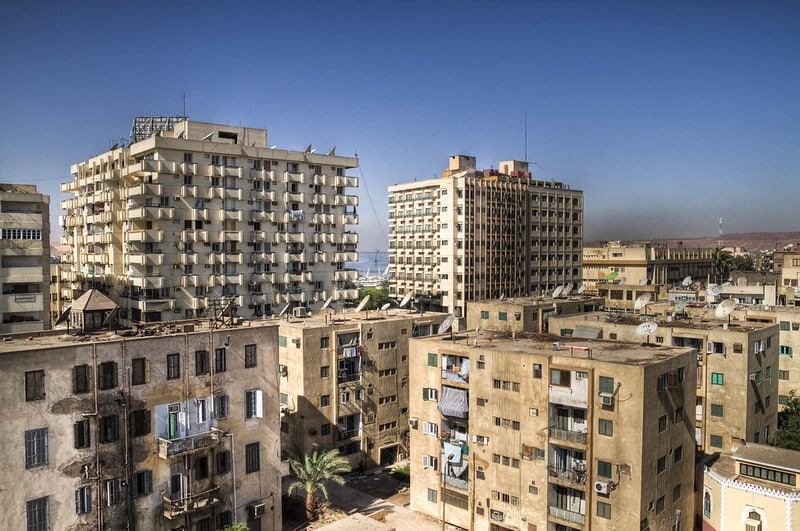On the 25th of October, Egypt’s President al-Sisi ended the state of emergency after four years. Egypt imposed a state of emergency in April 2017 after deadly bombings of Coptic churches. Since then it has routinely been extended with three-month intervals, despite an improving security situation. Now, al-Sisi has declared that Egypt has become “an oasis of security and stability in the region”, and therefore the newest extension of the state of emergency has been cancelled.
The state of emergency and the effects on civil society
Egypt has been under a state of emergency since 1981, with only a few years respite. When al-Sisi took power in 2014, the North Sinai district was the only area under a state of emergency, until it was reinforced country-wide in 2017. The state of emergency granted the authorities in Egypt sweeping powers to crack down on the ‘enemies of the state’. Egyptian security services could detain people indefinitely, interrogate suspects, monitor communications and spy on ordinary citizens. Furthermore, the army was empowered to intervene and enforce security if necessary.
Critics have accused the government of using the threat of terrorism to distract from its human rights abuses. Those accused in the emergency security courts were either placed in jail without trial, or faced trial under judges chosen by the president, while defendants were often barred from filing appeals. As a consequence, thousands of dissidents have been put in jail. Furthermore, press and social media are tightly controlled by the state, facing strict monitoring and censorship. Through this, public criticism and protests have become all but nonexistent.
Critics react
Reactions to this new move by President al-Sisi have been diverse. Many applaud the decision to lift the state of emergency. Prominent Egyptian activist Hossam Bahgat, executive director of the Egyptian Initiative for Personal Rights, was among those welcoming the decision. He declared that it would stop the use of emergency state security courts, although it would not apply to some high-profile cases of dissidents already in jail or currently facing trial in such courts.
Other critics have been more skeptical. The NGO Human Rights Watch announced that the lifting of the nationwide state of emergency is positive, but “far from efficient to begin to quell the country’s prolonged human rights crisis”. Other critics have called it a superficial change, that won’t fundamentally change the repression of civil society in Egypt. There have been calls for the Egyptian government to put the lifting of the state of emergency in practice by releasing political prisoners, but the government has made no indication of further plans.
Sources: HRW, Reuters, NYTimes, Atlanticcouncil
Photo: Flickr



